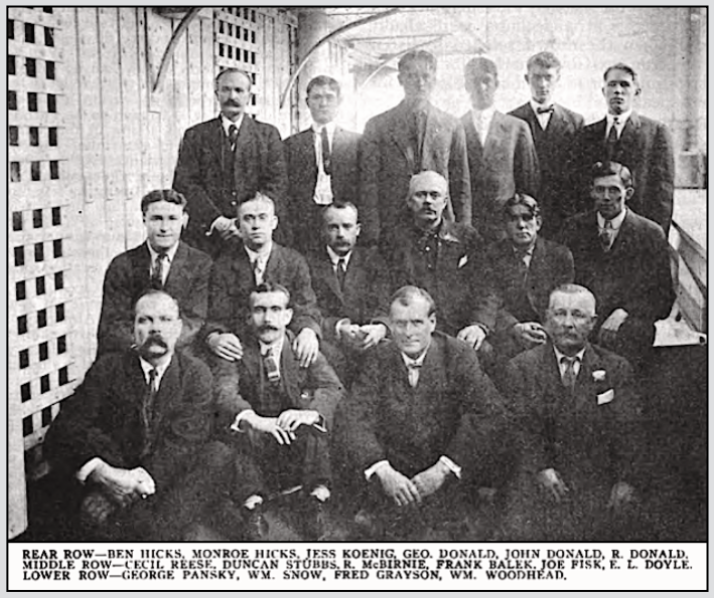 —————
—————
Hellraisers Journal – Saturday September 23, 1911
West Virginia’s Mine Guard System, Brutal Thugs Hired by Coal Operators
From The Labor Argus of September 21, 1911:
The blackest spot that stains the pages of the history of West Virginia is the damnable guard system, employed by the coal barons of our state. Such conditions as exist on Cabin Creek, New River and other non-union coal fields of the state, are a disgrace to civilization, and an outrage on American manhood. The brutalities of the hired thugs of the capitalists and coal operators, surpass that of the Cossacks of Russia. The peonage practiced by Barbarous Mexico, of which we read with horror, is practiced here in our own county and state.
Russianized West Virginia, where the law-abiding citizens are subject to brutalities and outrages equaled only by those endured by the oppress, ignorant and brow-beaten peons of Mexico. Every crime known to criminality has been committed by these hired convicts of the coal barons.
These men will stop short of no crime. Men have been murdered by these desperados, for no other offense than belonging to a Labor Union. To go into Cabin Creek or New River districts and declare yourself a labor organizer, is to invite death. All the excuse these guards want is to slug and murder a workingman, is to know that he is a union man. To even be known as a union sympathizer is all the provocation necessary to become the object of a brutal attack by the gun-men.
[…..]
Governor Glasscock in his address on Labor Day said he believed in organized labor. But his actions when he commissions and legalizes these outlaws, belie his words. In the first place, these men are not commissioned as coal company guards, but as railroad detectives. But the railroads don’t pay them a cent, as they draw their salaries from the coal companies. This is a fraud on the face of the transaction. We can show that these guards are maintained by the coal companies, and commissioned by the Governor, for the sole purpose of fighting organized labor; in other words, the United Mine Workers. If this is not so, why do they not need guards in the organized field? If they are railroad detectives, why do they assault and murder men for belonging to the Miner’s Union?
These men are retained for no other purpose than to keep the miners from organizing, and to brow-beat and brutalize them into humble submission to the coal barons. They were commissioned for that purpose only and the Governor knew it when he commissioned them.
If the words spoken by Governor Glasscock on Labor Day to the effect that he believed in organized labor that the workers had a right to organize for mutual protection were true, why does he commission these brutal guards at the behest of the coal barons to fight the organization? Why does he not protect the working men in the exercise of their rights?
Our governor is nothing but a spineless jellyfish, and a tool of the corporations. A man nominated and elected by the special interests. According to Governor Glasscock’s own words, he is either a coward or a liar. He either don’t believe in the right of labor to organize, as he said he did, or he is too big a coward to protect them in the exercise of these rights.
Next week we will take up the crimes committe by these guards and show that they have been given protection by the officials.
—————
[Emphasis and paragraph breaks added.]


 —————
—————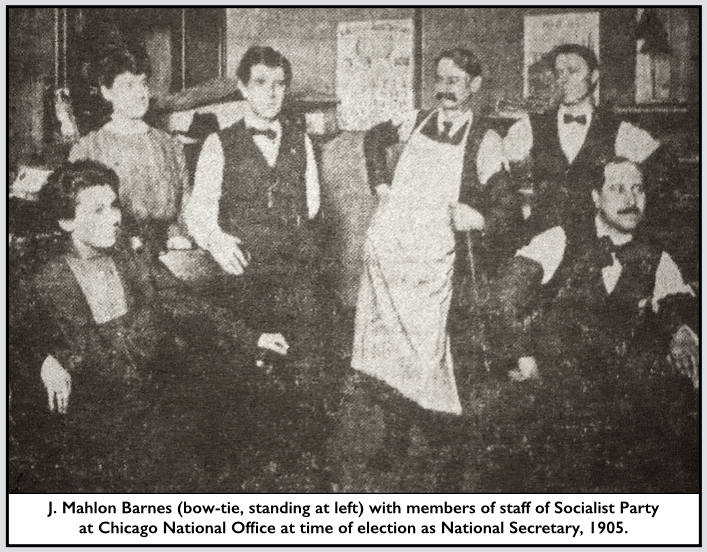
 —————
—————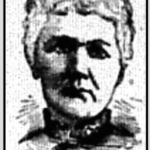
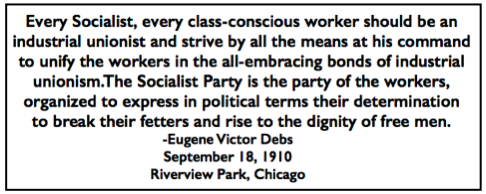 —————
—————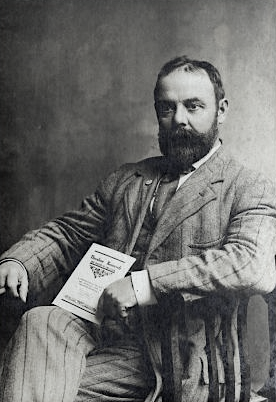
 —————–
—————–![From The Progressive Woman of July 1911:The above picture includes most of the delegates to the Unity Convention of 1901 the convention where the Socialist party came into existence. It was held at Indianapolis, Indiana, beginning July 29. The picture was taken on the east front of the state capitol. A number of the faces will be familiar to many readers.There were about one hundred and twenty-five delegates present, among whom were the following women: Corinne S. Brown, Martha A. Biegler, Margaret Haile, Elizabeth H. Thomas, Sula Lowrie, Mrs. Max S. Hayes, Martha H. McHugh and Carrie Rand Herron.The Unity Convention was called for the purpose of attempting to unite the various Socialist parties of the country. The largest of these were the Social Democratic Party and the Springfield wing of the Socialist Labor Party. The other wing of the Socialist Labor Party did not take part in the convention. State parties in Iowa, Kentucky and Texas, not affiliated with any national organization, were represented.The various factions that united in calling the convention had patched up their differences sufficiently to support the same ticket the year before. Animosities were very bitter, however. Had it not been for the withdrawal of various local and state organizations from the national organizations, thus decreasing their membership, it is hardly probable that the two national organizations could have been persuaded to consent to try to form an organic union.The main actions of the convention were the adoption of a national constitution, a national platform, a resolution on Socialism and trade unionism, a resolution on injunctions, and a resolution on the negro question.The platform came in for a hot discussion, especially the immediate measures. As adopted, it contained, among others, a provision for "equal civil and political rights for women."The resolutions were also warmly discussed. In fact, everything was warmly discussed. Socialists are always very earnest in their debates, and the bitter feelings which the delegates brought along made them especially earnest at that convention.But the great debate came on the constitution. Hot does not begin to express it. It was scalding, vitriolic. All the rancor in the hearts of the delegates was poured out in blistering words. At times it seemed to the most optimistic that unity was hopeless, and that we must disperse and go back to our several locals with the doleful confession that we had failed in our mission. But, out of it all came agreement-agreement on the famous Section Four of Article Twelve. Get out your national constitution and read it. It is historic. It is the state autonomy provision. Around it raged the battle as to whether we could organically unite. Its adoption made unity possible.Then came better feelings and a great relief. We went home with joy in our hearts, because we bore the glad tidings of a solidified Socialist Party-united-facing the enemy.---------------[Emphasis added.]](https://weneverforget.org/wp-content/uploads/2021/07/Delegates-to-Unity-Founding-Convention-of-SPA-July-Aug-1901-Prg-Wmn-p3-July-1911.png)
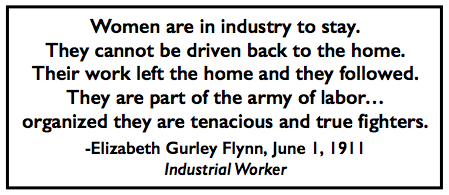 —————
—————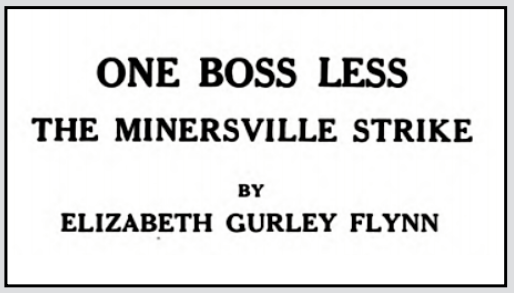 —–
—–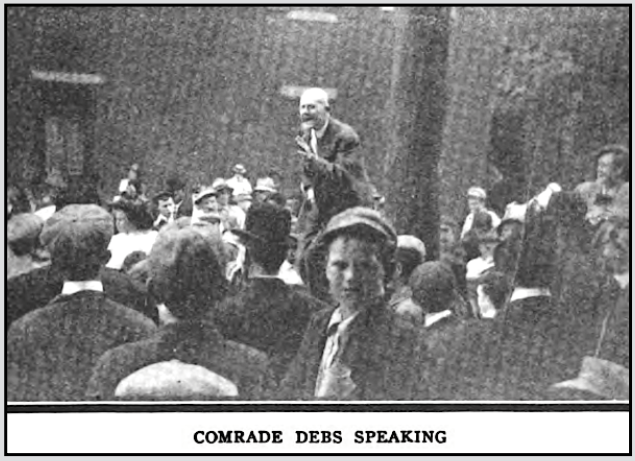
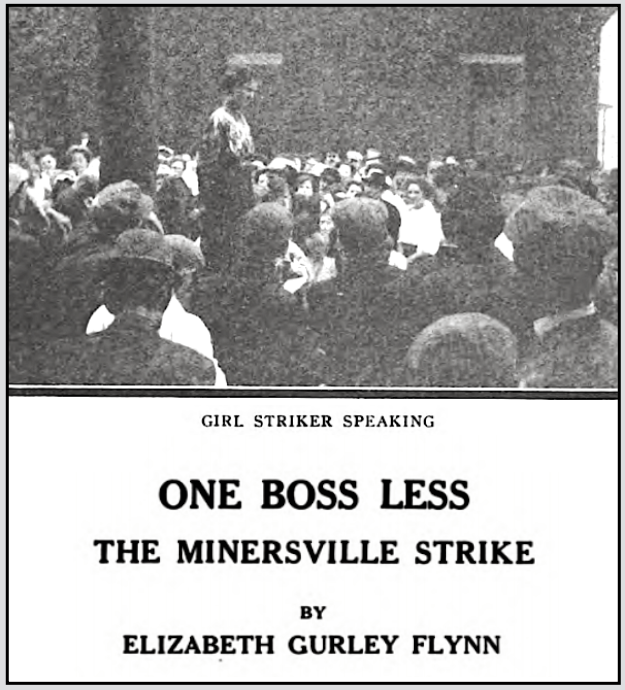
 —————
—————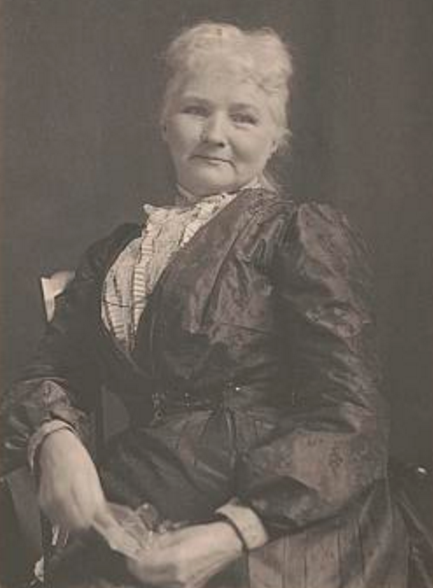
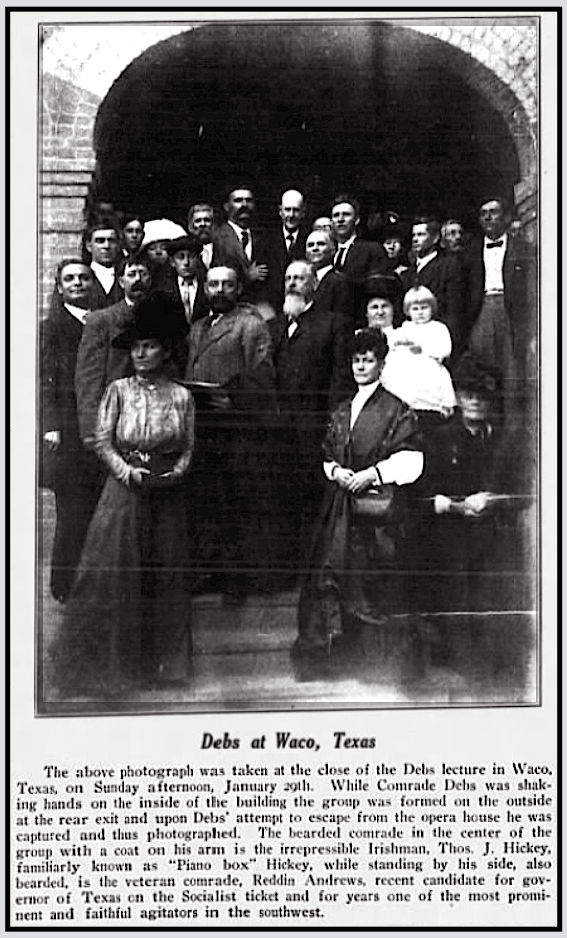
 ———–
———–